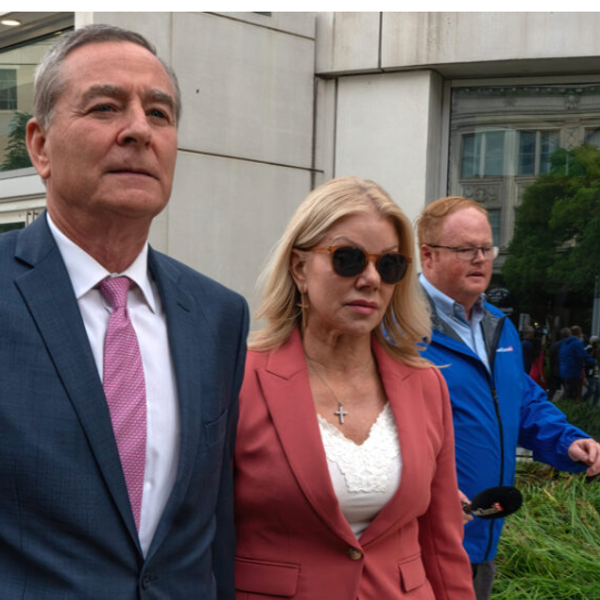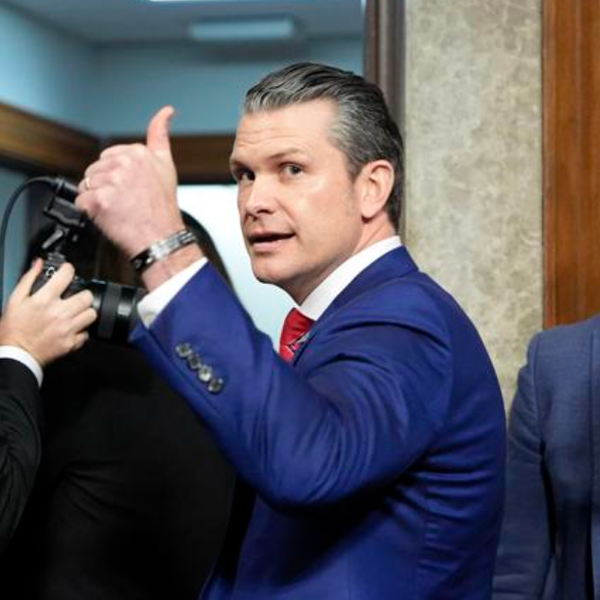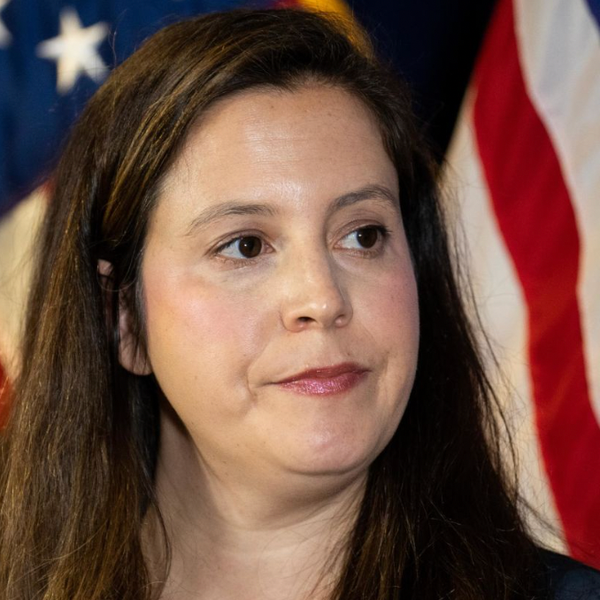
By Carol J. Williams, Los Angeles Times
MOSCOW — Russian President Vladimir Putin has agreed to a German proposal for international observers to review the tense standoff in Ukraine’s Crimea area, a Kremlin news service dispatch indicated Monday.
The proposal for a “contact group” of mediating foreign diplomats and an observer delegation to assess Moscow’s claims that ethnic Russians are threatened with violence under Ukraine’s new leadership was made by German Chancellor Angela Merkel during a late Sunday phone call to Putin, her spokesman told journalists in Berlin on Monday.
The Kremlin news service account of the conversation reiterated Putin’s defiant position that he has the right and obligation to take steps to protect Russian citizens and Russian speakers in Ukraine, where politicians from what were opposition parties just two weeks ago have taken power in the vacuum opened up when deposed ex-President Viktor Yanukovich fled Kiev on February 21 and took refuge in Russia.
“V. Putin and A. Merkel agreed to continue consultations both bilaterally and in multilateral forms with the aim of joint action in normalizing the social-political circumstances in Ukraine,” the Kremlin news service account of the two leaders’ conversation said.
German Foreign Minister Frank-Walter Steinmeier had suggested on Sunday that the Organization for Security and Cooperation in Europe dispatch a fact-finding delegation to Ukraine’s Crimea area, the strategic peninsula at the southern tip of Ukraine that hosts Russia’s Black Sea fleet and Ukraine’s largest concentration of Russian citizens and Russian speakers. The 57-member OSCE includes Russia, Ukraine, the European Union and the United States. Steinmeier also suggested the contingent could include other representatives under the United Nations’ auspices.
The Kremlin account of the Putin-Merkel phone call also quoted Putin as drawing the German leader’s attention to “the unrelenting threat of violent action from the side of ultra-nationalist forces,” as Russia’s state-controlled media have cast the new authorities in Kiev and their supporters. There have been no verifiable reports of violence against Russians in Ukraine, although the Russian minority’s fears of the new leadership were heightened when nationalist politicians in Kiev attempted to pass a law removing Russian as an official language — a bill rejected by interim President Oleksandr Turchynov.
Putin also told Merkel that the steps Moscow has taken in response to its perceived threat to fellow Russians in Ukraine are “fully adequate.”
But his reported acceptance of any international monitoring or analysis of the situation in Crimea appeared to represent a possible path of retreat from the position the Kremlin has taken over the last five days — amassing its armed forces around key facilities in Crimea in a campaign condemned by Western leaders as dangerous, provocative and in violation of international law and Russian treaty obligations.
U.S. Secretary of State John F. Kerry was to visit Kiev on Tuesday for meetings with the interim leaders, who have been powerless to compel Russia to roll back its military intervention into Ukraine, an independent country since the 1991 breakup of the Soviet Union.
British Foreign Secretary William Hague was in Kiev on Monday. He warned as he departed for the Ukrainian capital that the tense and armed standoff between Russian and Ukrainian forces over Crimea constitutes “the biggest crisis in Europe in the 21st century” and that the outside world “cannot just allow this to happen.”
AFP Photo/Maxim Shipenkov








